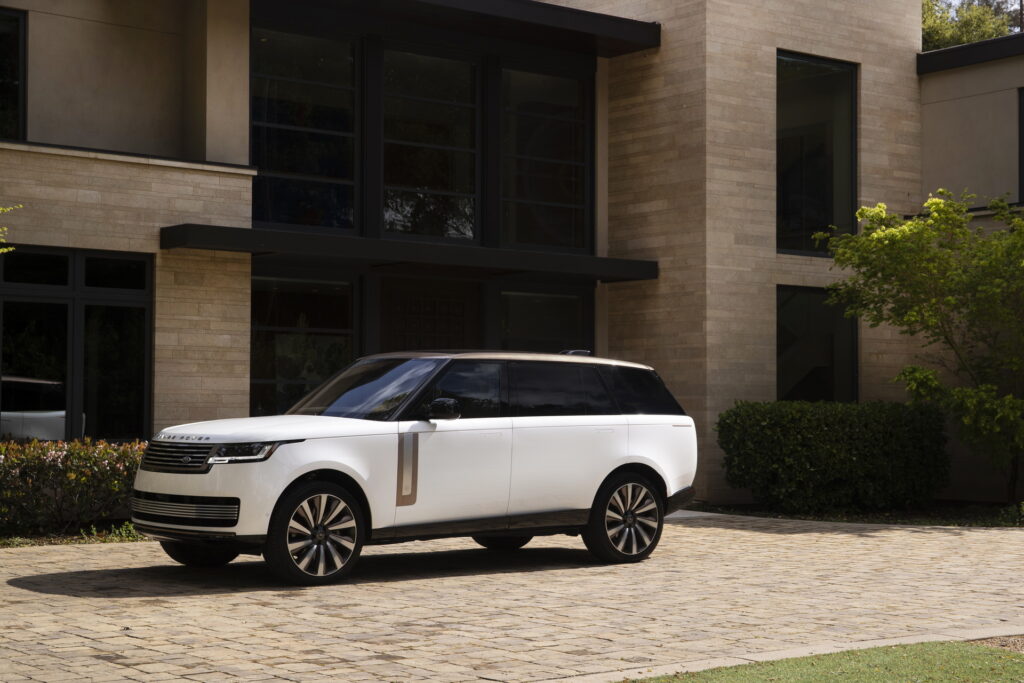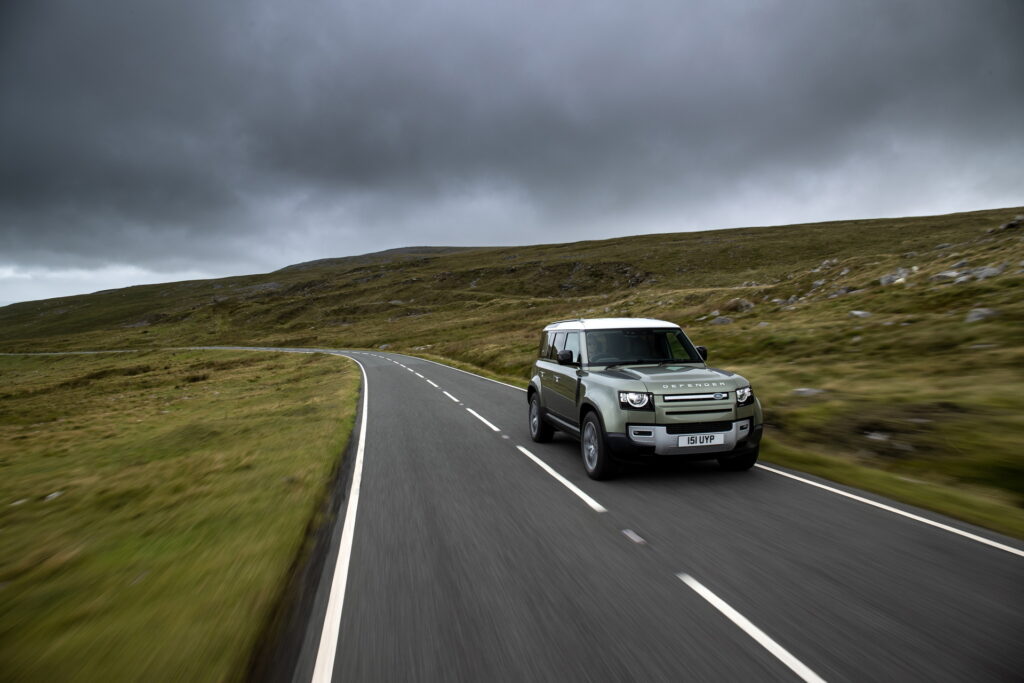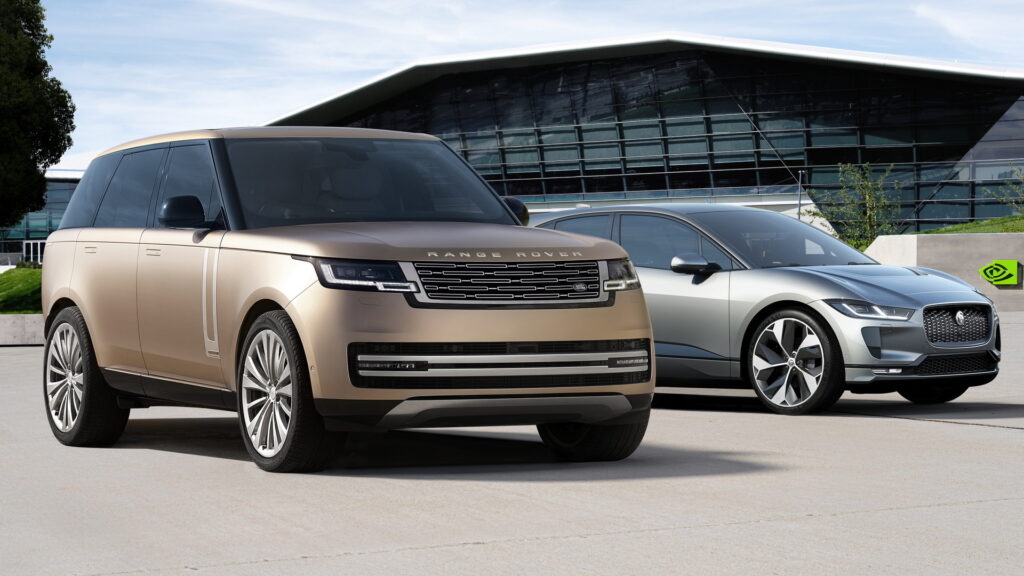The final three months of 2022 were positive for Jaguar Land Rover (JLR), which finally found its way back into profits after months of difficulties related to semiconductor chip shortages that crippled its production capacity.
“Jaguar Land Rover has returned to profit as chip shortages eased in the quarter and production and wholesales increased,” said Adrian Mardell, JLR’s interim CEO. “These improved results are testament to the hard work and dedication of our people across the business who have delivered a further increase in production of our New Range Rover and Range Rover Sport models.”
The automaker reported today that it made £265 million ($328 million USD at current exchange rates) in profits before tax in the third calendar quarter of 2022. That compares extremely favorably to the same period in 2021 when the automaker reported a loss of £9 million ($11.15 million USD).
Read: Twitter’s Laid Off Tech Workers Could Find A New Home At Jaguar Land Rover

Jaguar Land Rover claims that the increased profitability was thanks to increased wholesale volumes with more expensive vehicles. Indeed, it performed better in terms of wholesaling in North America, the U.K., and what it calls “overseas” markets. Its wholesale numbers, though, were down by three percent in Europe and by 13 percent in China.
For that last market, JLR blames circumstances beyond its control. Indeed, the country suffered a number of Covid-related lockdowns, which led some of JLR’s dealerships to close, as well as high rates of staff absences. It expects to perform better in China this month.
The company is also optimistic about its near-term future as, on December 31, its order book contained 215,000 orders or about 10,000 more than it had at the start of the quarter. The demand is led by the new Range Rover, Range Rover Sport, and the Land Rover Defender.
Speaking to Automotive News, meanwhile, P.B. Balaji, the CFO of Tata Motors, JLR’s parent company, said that he is “cautiously optimistic” about the U.K. company’s outlook, but still sees semiconductor supplies as a concern.
Adding to JLR’s difficulties is the fact that it’s in the middle of transitioning to electric propulsion, something that Mardell said it is still committed to.





